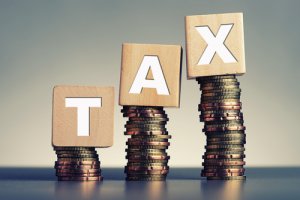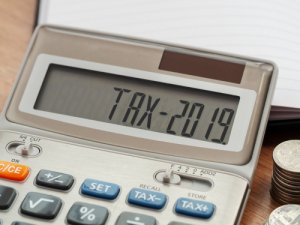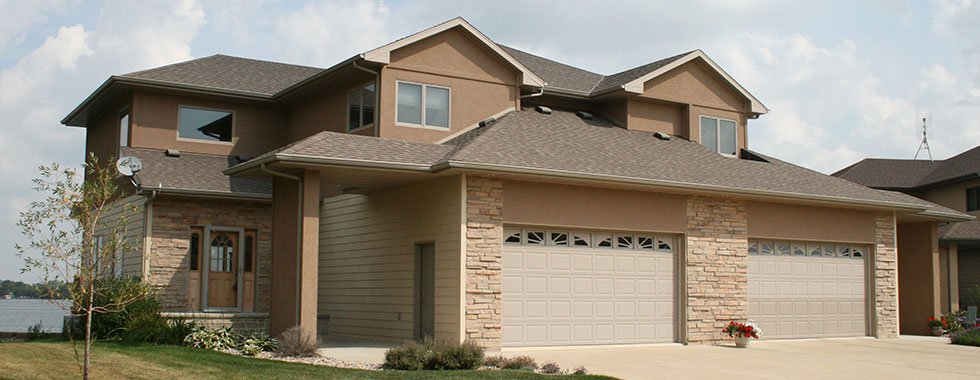When you are ready to sell a home, you may be wondering about the tax implications of doing so. If you’re asking, do you pay sales tax on a house? The answer may be yes. You could also be wondering about the possibility of selling your house. And thinking who will buy my home in pueblo co.
We would love to get you an all cash offer on your home! Visit here and fill out the form above!
Capital gains taxes apply to the profits you make when selling your home. While most people don’t meet the threshold of having to pay these taxes, there are some instances where you will. There can be capital gains tax on real estate investment property for example, or if you are selling a second home.
The good news is there are ways of avoiding capital gains tax. Here’s a round-up of everything you need to know about home capital.
How Capital Gains Works
Capital gains refer to tax that you pay when making a profit from selling a house. Capital gains taxes are paid to the IRS on this difference between what you paid and the profit from selling.
Investments, stocks, bonds, boats, cars, and real estate can all count as investments applicable to capital gains taxes. These all can count as taxable income.
Short term capital gains apply to an asset you’ve had for a year or less. You pay capital gains taxes on the profit of these assets. You short-term capital gains tax rate will be the same as your income tax rate.
Long term capital gains apply to an asset you’ve had for more than two years. You pay capital gains taxes on the profit of these assets. Depending on your filing status and taxable income, the long-term capital gains tax rate will be lower than the short-term.
If you are possibly looking to sell your house for cash in pueblo, let me give you an all cash offer today!
The Positives of Capital Gains
There are some positives when it comes to capital gains taxes. The IRS will usually let you exclude up to $250,000 of capital gains profits if you are filing as a single person.
If you are married and filing jointly you can exclude up to $500,000 on real estate capital gains.
Let’s say for example that you bought a home five years ago for $200,000. Now the home is worth $800,000. You are married and filing jointly. $500,000 of that profit will likely not be taxed however $100,000 of the gain will likely be.
The Negatives of Capital Gains
The exclusions for $250,000 or $500,000 may get tossed out if certain factors apply to you. This means you’ll have to pay taxes on the entire gain. The most common factors are if the house wasn’t your primary residence or if you owned the home for less than two years before you sold it over a five- year period.
During a five-year period, if you didn’t live in the house for at least two years, you can also pay gains taxes. Disabled people or people in the military or intelligence community are exempt from this.
You can also only claim the $250,000 or $500,000 exclusion on one home in a two-year period. You will also pay gains if you bought the house by swapping one investment property for another in the past five years. This is known as a 1031 exchange.
If You Have to Pay Capital Gains Tax
If you are being required to pay capital gains taxes on the sale of your home, you should know which tax rate applies to you.
Short-term capital gains tax rates will usually only apply if you have owned the asset for less than a year. The rate will be equal to your regular income tax rate or tax bracket.
Long-term capital gains tax rates will usually only apply if you owned your home for more than a year. These rates will be less as well. Some people may even qualify for a 0% tax rate. Depending on if you’re filing as a single or jointly, everyone else will pay 15%-20%.
Tips on Avoiding Capital Gains Tax
If you are considering selling your home but are worried about capital gains taxes, there are a few things you can do to avoid paying them.
The first thing you can do is live in your house for at least two years. These two years actually don’t need to be consecutive. If you didn’t live in a house for at least two years but you sell it, those gains could be taxable.
If you sell in less than a year, know that this will be even more expensive. You will also be paying short-term capital gains in most cases. Remember that the short-term gains taxes are higher than long-term gains taxes.
Check Whether or Not You Qualify for an Exemption
In some cases, you may qualify for a capital gains tax exemption. If you’ve had a health problem or were transferred for a job, or possibly lost your job, there are exemptions you may qualify for.
According to IRS Publication 523, you can be exempt from capital gains taxes based on an unforeseeable event.
There are experts who specialize in buying homes quickly in events like this.
Home Improvements and Cost Basis
Another way to offset some capital gains taxes is by keeping track of your home improvements. If you can keep your receipts from any work you’ve done on the home, these will cut into your gains.
The amount of money you’ve put into your home can also be added on to your purchase price. This is known as your costs basis. If your cost basis is higher, your profits are lower when you sell your home.
If you purchase your home for $200,000 for example and put $100,000 into it in home renovations, your cost basis is really close to $300,000.
Key Take-Aways
If you are selling a home, avoiding capital gains tax on your property may be easier than you think. Since the median home price is a little over $226,000 in the United States, most people actually don’t need to worry about capital gains.
The average time living in a home is also around nine years which is well over the two-year minimum. If capital gains will apply to you, remember some of the ways you can avoid it so you’ll be prepared. There are also some exemptions if you have an unforeseen event happen that forces you to move.
If you’re looking to sell and are unsure about your options, fill out this form to learn more.



